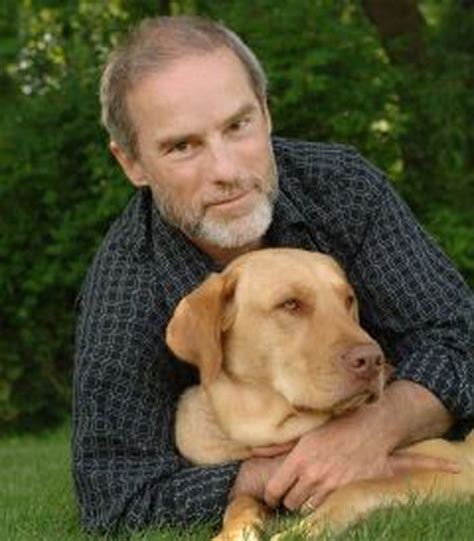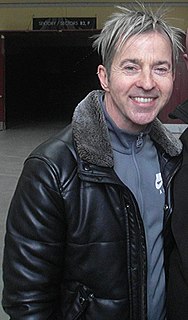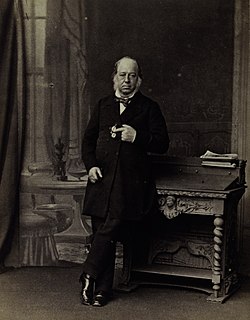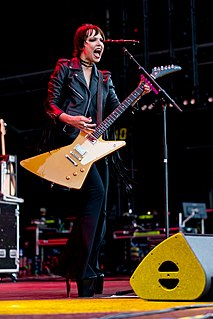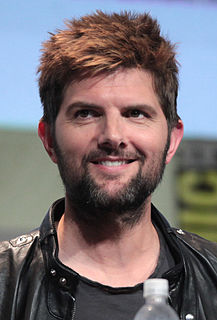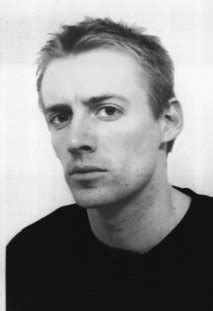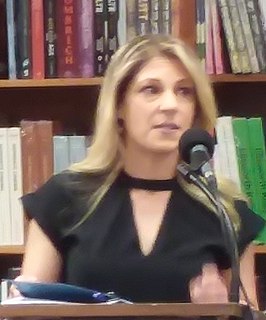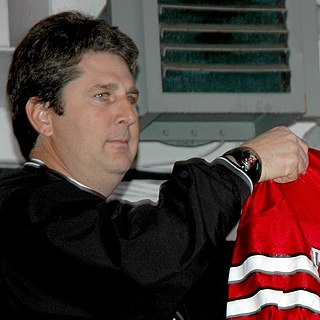A Quote by Howard Gardner
Til 1983, I wrote primarily for other psychologists and expected that they would be the principal audience for my book.
Related Quotes
My mother had died when I wrote my first book. I was twenty-seven, so it was right at the beginning of my writing life. I don't know if she had lived, if I would have done it, certainly not quite like I did. But, you can't rethink it. You wrote what you wrote, it meant something to other people, and that's your good.
Before I wrote The Power of Now, I had a vision that I had already written the book and that it was affecting the world. I had a sense there was already a book somehow in existence. I drew a circle on a piece of paper and it said "book." Then I wrote something about the effect the book had on the world, how it influenced my life and other people's lives, and how it came to be translated into many languages affecting hundreds of thousands of people.
It's very important that a film that intends to play tricks on the audience... has to play fair with the audience. For me, any time you're going to have a reveal in the film, it's essential that it have been shown to the audience as much as possible. What that means is that some people are going to figure it out very early on. Other people not til the end. Everybody watches the film differently.
I would hate to be in high school now. Psychologists talk about the 'imaginary audience' that teens seem to feel they have around them and that makes them think they have to keep up their image all the time. Now with Facebook and MySpace and 24/7 online access, that imaginary audience has become real.

